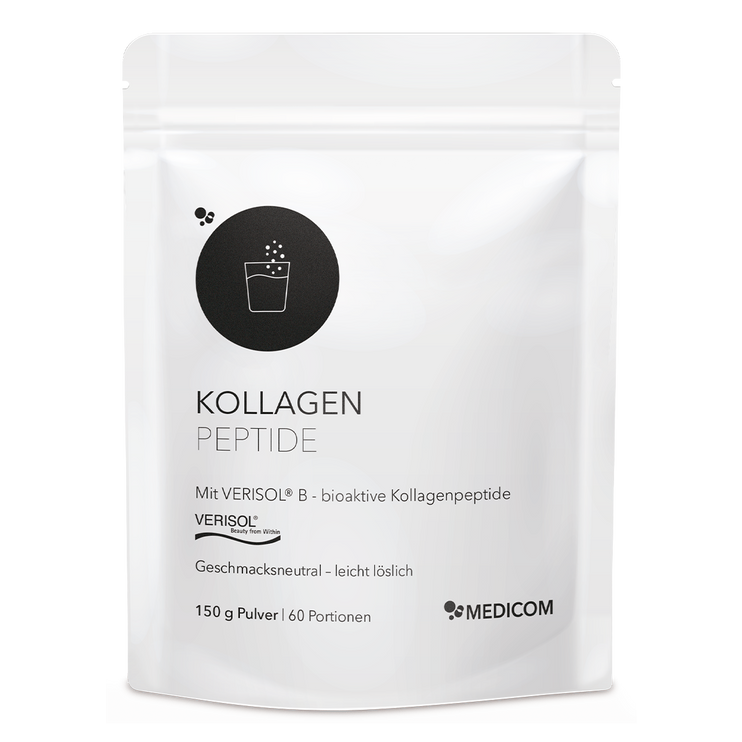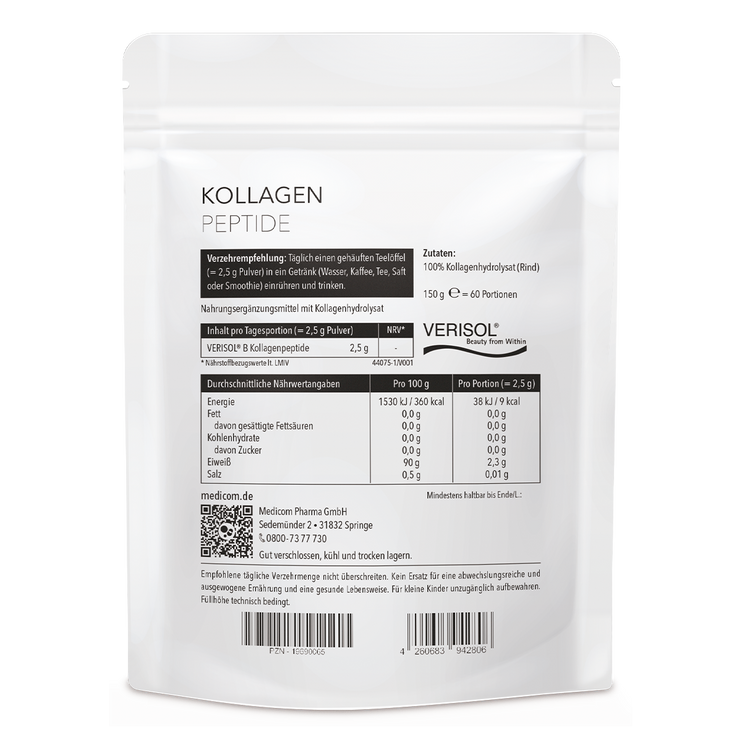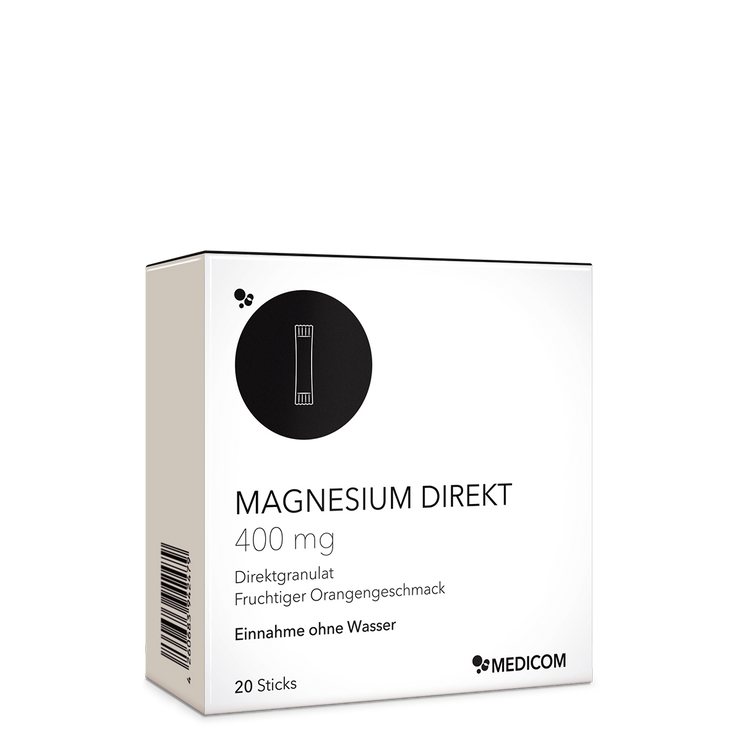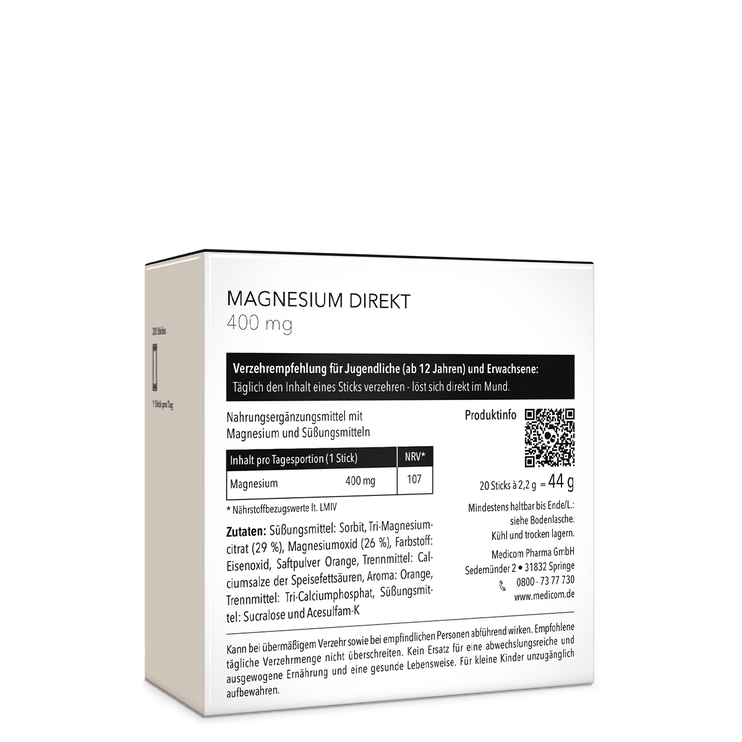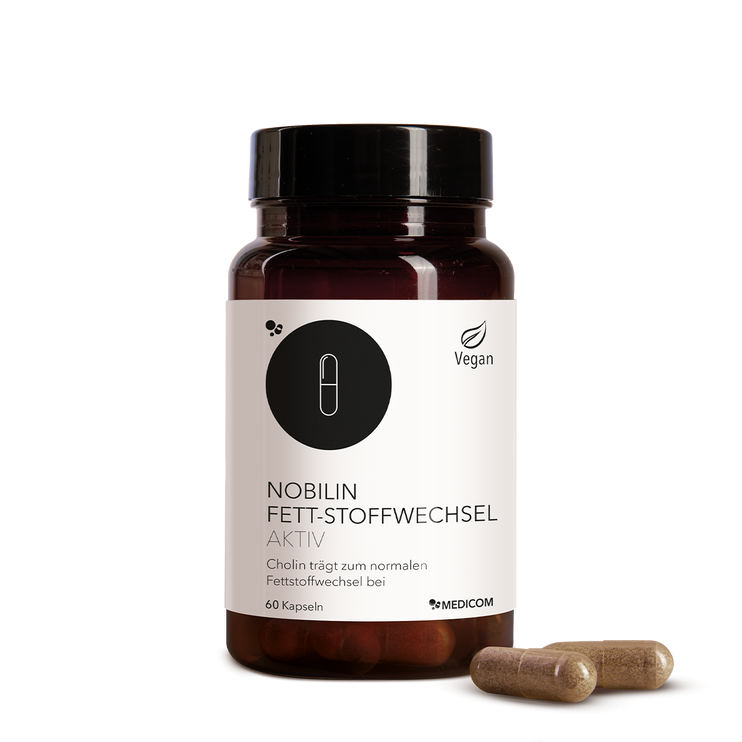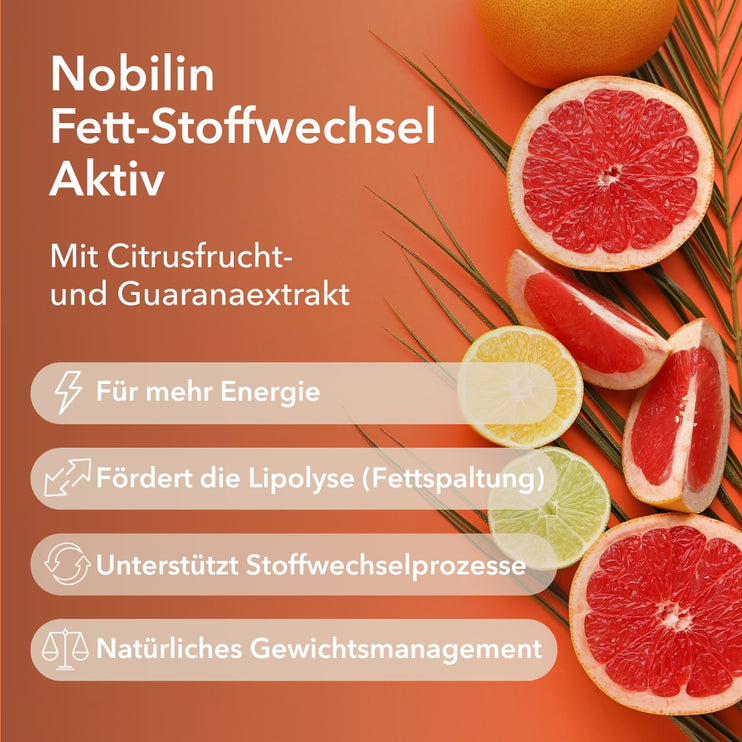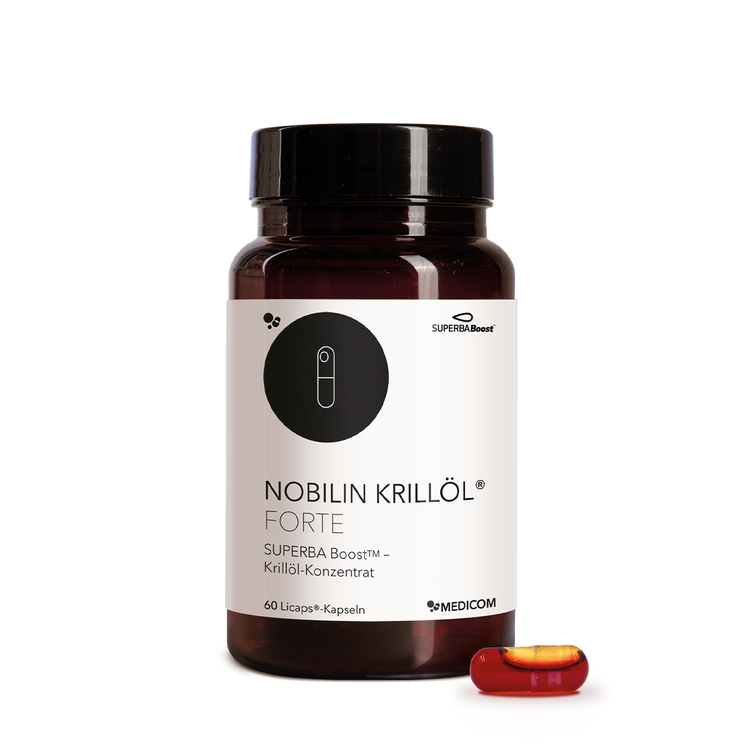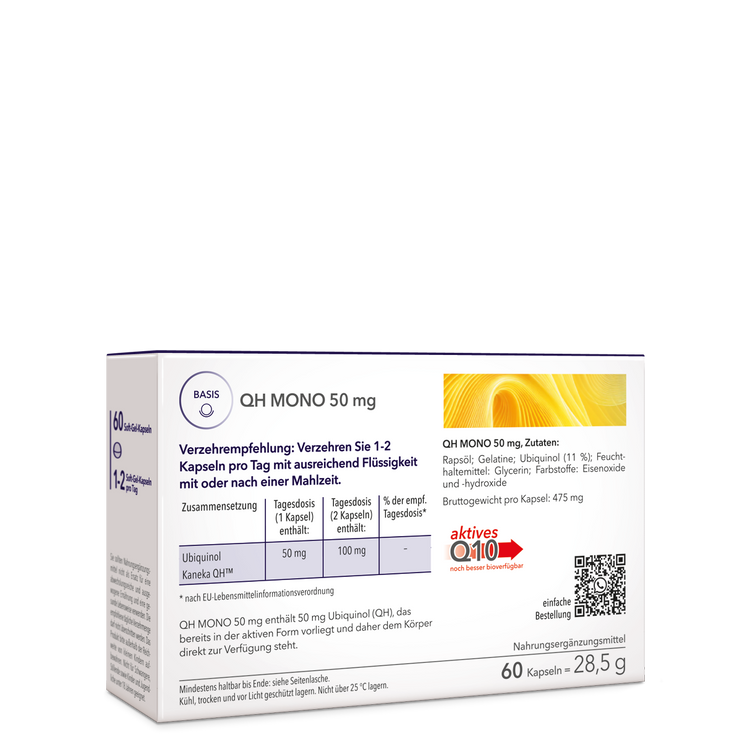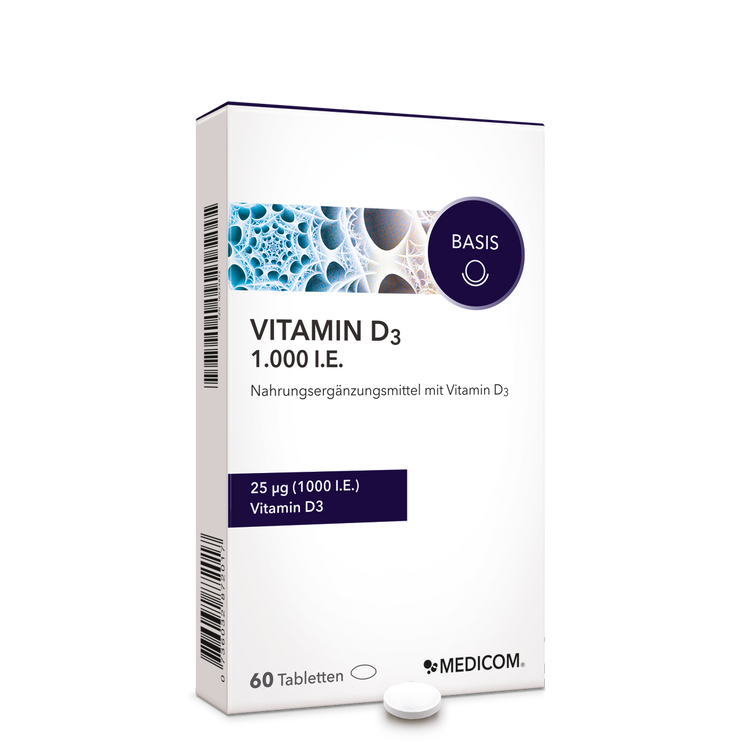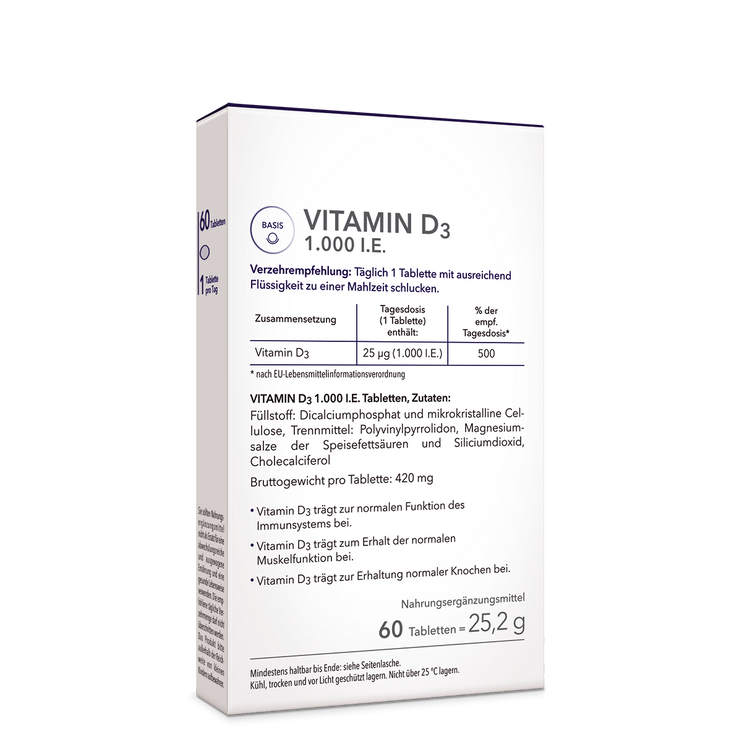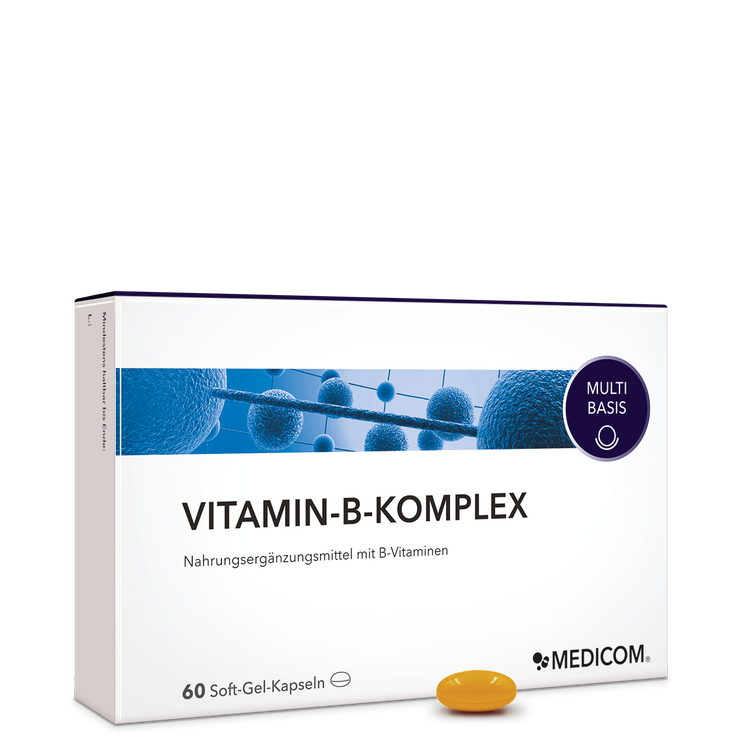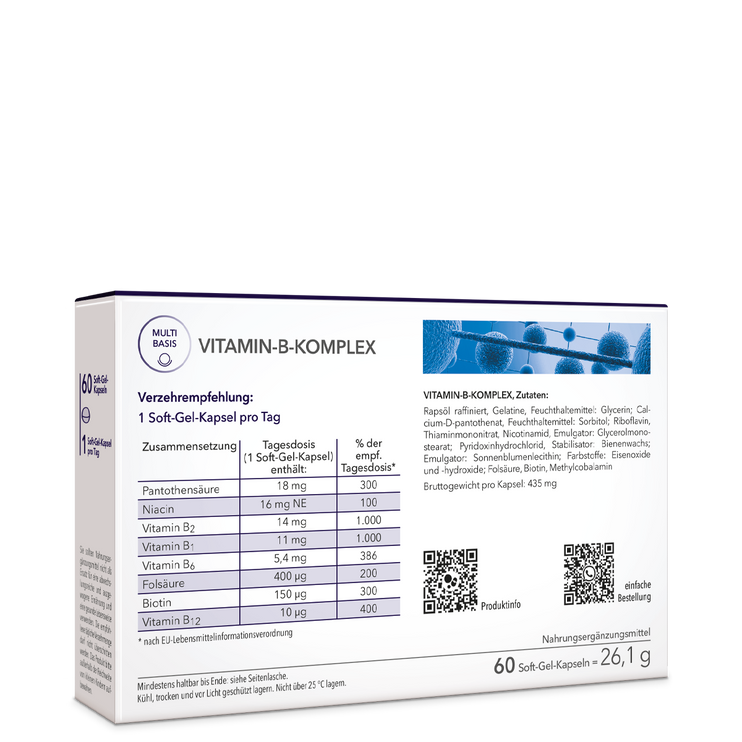Our recommendations for menstruating women
Hormonal imbalances in menstruating women and also in women taking contraceptives (the pill) often lead to mood swings, general malaise, headaches and abdominal cramps during menstruation or withdrawal bleeding (pill break).
"Around 60 percent of all patients exhibit both physical and psychological symptoms. Among Swiss pharmacy students, psychological complaints predominated when oral contraception was used, while physical complaints were reported more frequently without oral contraception. Almost half of the respondents considered treatment necessary."(Pharmaceutical Journal on Premenstrual Syndrome)
Micronutrients can be used as a nutritional supplement to significantly reduce these symptoms.
Nobilin Krill Oil® Forte
Studies show that taking omega-3 fatty acids, especially EPA and DHA, over a long period of several weeks can alleviate the subjectively perceived symptoms of PMS. PMS, or premenstrual syndrome, encompasses a wide range of symptoms and affects many women. Nobilin Krill Oil® Forte is naturally particularly rich in omega-3 fatty acids and antioxidants. Furthermore, the omega-3 fatty acids are bound to phospholipids, allowing them to be transported more quickly through the body and incorporated more efficiently into cell membranes.
Vitamin B complex
Oral contraceptives, such as the pill, deplete vitamin B. A deficiency can lead to mood swings, such as irritability and listlessness, as well as depressive moods. Taking the contraceptive pill increases the need for vitamin B2, vitamin B6, and folic acid, in particular.
Vitamin B6 is also essential for the production of serotonin (the happiness hormone) and other neurotransmitters, and is traditionally used in high doses in naturopathic medicine for PMS.
Magnesium Direct 400 mg
This mineral can contribute to general physical and mental relaxation and stabilization and reduce menstrual cramps and period pains, as well as sleep disturbances. Magnesium is important for normal nerve function.
Medicom Terra® Rhodiola
Rhodiola rosea, as an adaptogen, can also have a positive effect on the various fluctuations and changes within the cycle. As an adaptogen, it has a harmonizing and balancing effect on nerves and hormones.
Our recommendation for women over 40
QH Mono 50 mg and 100 mg
Hormones play an important role in every phase of a woman's life. Hormonal fluctuations during and before menstruation, during perimenopause, during menopause, and in postmenopause have a direct impact on our health, well-being, and quality of life.
Women often feel tired and fatigued during these hormonal changes. Bioactive Q10, also called QH or ubiquinol, is a coenzyme that helps the cells' powerhouses, the mitochondria, produce energy. Studies suggest that bioactive Q10 can significantly improve women's overall health. Especially after the age of 40, Q10/QH production in the body declines, making QH supplementation particularly beneficial.
Bioactive Q10 – Ubiquinol (QH)
A 2019 clinical study investigated the impact of ubiquinol (QH) on quality of life, health status, mood, and skin in postmenopausal women aged 45 to 65 years.
The results showed that daily intake of 100 mg ubiquinol (QH) over a period of three months led to a significant improvement in quality of life, particularly with regard to general health.
In addition, positive effects on mood and skin were observed. The researchers concluded that bioactive Q10 (ubiquinol) offers a promising opportunity to improve the quality of life of postmenopausal women.
(Clinical study, 2019, Palacios et al., Palacios Institute for Women's Medicine and Health, Madrid.)


